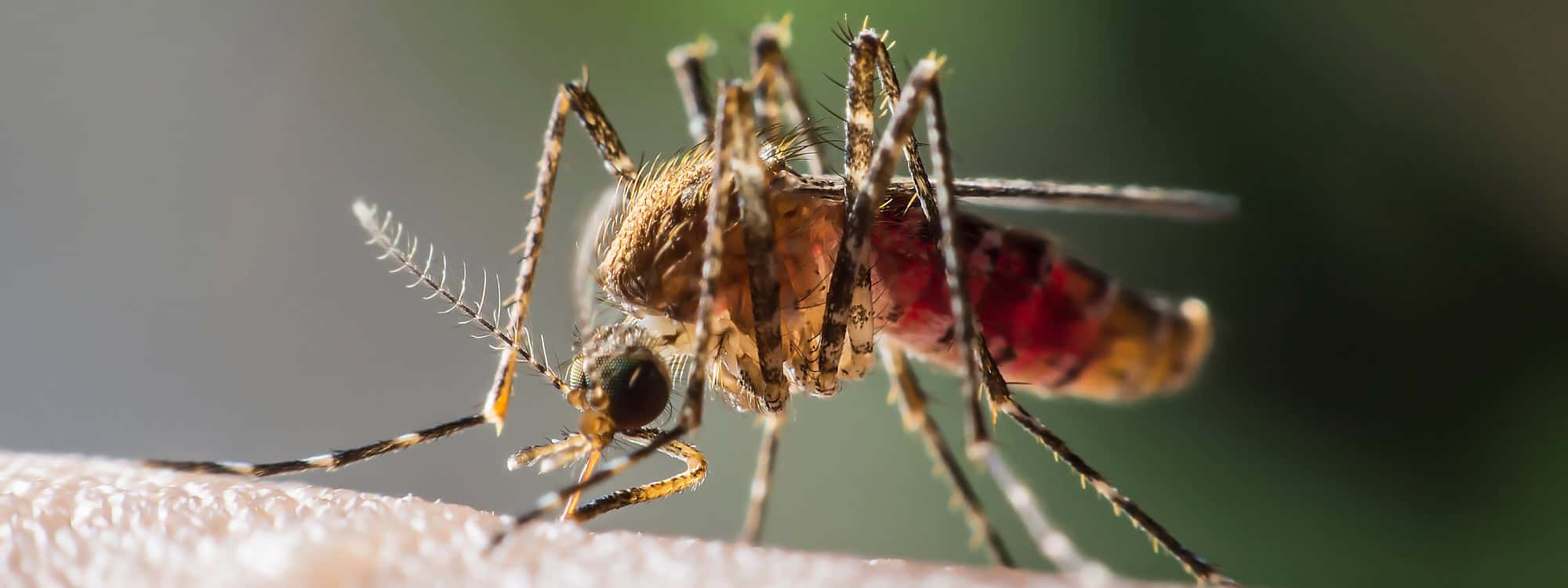Mosquitoes
In Muskoka, a diverse array of mosquito species thrive in the region’s rich tapestry of wetlands, lakes, and dense forests. These habitats provide ideal conditions for several genera of mosquitoes to flourish, each with its own ecological niche and potential impact on local ecosystems and human health.
Among the most common types are mosquitoes belonging to the genera Aedes, Culex, Anopheles, and Ochlerotatus. Each genus encompasses species adapted to different breeding habitats and behaviors, contributing to their prevalence and distribution across Muskoka.
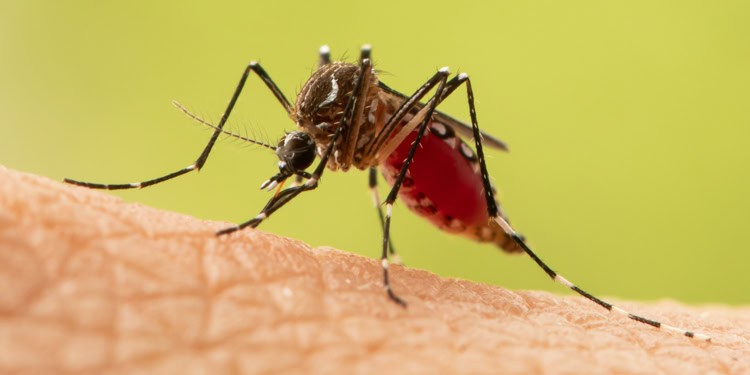
Aedes mosquitoes: This genus includes species like Aedes vexans and Aedes stimulans, which are notorious for their aggressive biting behavior. Aedes mosquitoes are known vectors for diseases such as West Nile virus, which poses a risk to human health in affected areas. These mosquitoes often breed in stagnant water sources like ponds, ditches, and containers, which are abundant in Muskoka’s rural and natural settings.
Culex mosquitoes: Species such as Culex pipiens and Culex restuans are also prevalent in Muskoka. These mosquitoes are known vectors for diseases like West Nile virus and can also transmit avian malaria. Culex mosquitoes typically breed in stagnant water bodies such as stormwater catch basins, bird baths, and clogged gutters, making urban and suburban areas vulnerable to their presence.
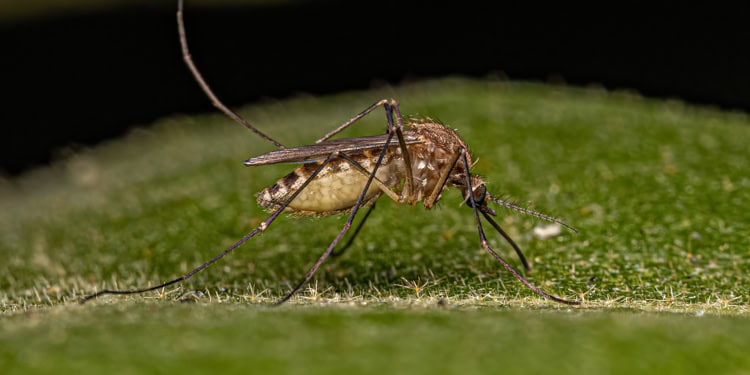
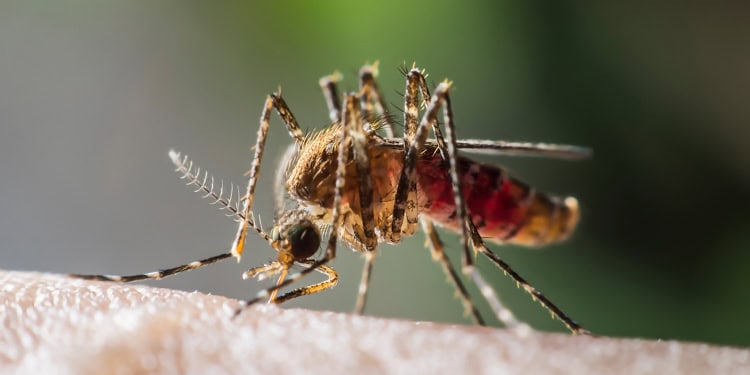
Anopheles mosquitoes: Although less common than Aedes and Culex species in Muskoka, Anopheles mosquitoes are present and capable of transmitting diseases such as malaria. However, malaria transmission in Canada is extremely rare due to stringent public health measures and the absence of the necessary environmental conditions for sustained transmission.
Ochlerotatus mosquitoes: Formerly grouped under the Aedes genus, species within the Ochlerotatus genus are also found in Muskoka. These mosquitoes exhibit diverse breeding preferences, ranging from natural wetlands to artificial containers. They are known for their persistent biting behavior and can be a nuisance to residents and visitors alike during the warmer months.
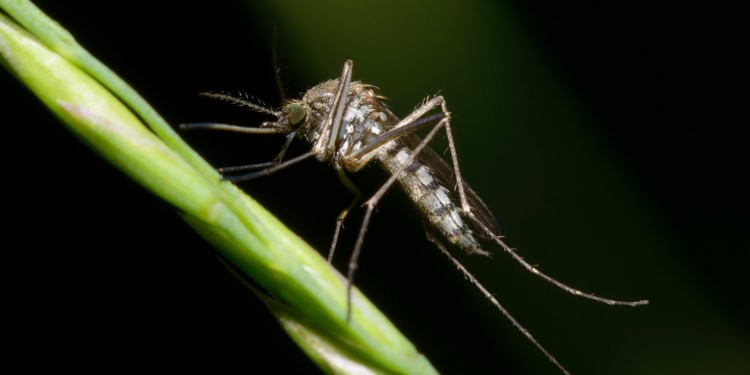
The seasonal abundance and distribution of these mosquito species in Muskoka are influenced by factors such as temperature, precipitation, and habitat availability. Local authorities and residents employ various strategies, including larval control, adult mosquito surveillance, and public education campaigns, to mitigate the nuisance and potential health risks associated with mosquito populations.
Overall, understanding the diversity and habits of mosquitoes in Muskoka is crucial for implementing effective mosquito control measures and minimizing their impact on both human populations and local ecosystems.

